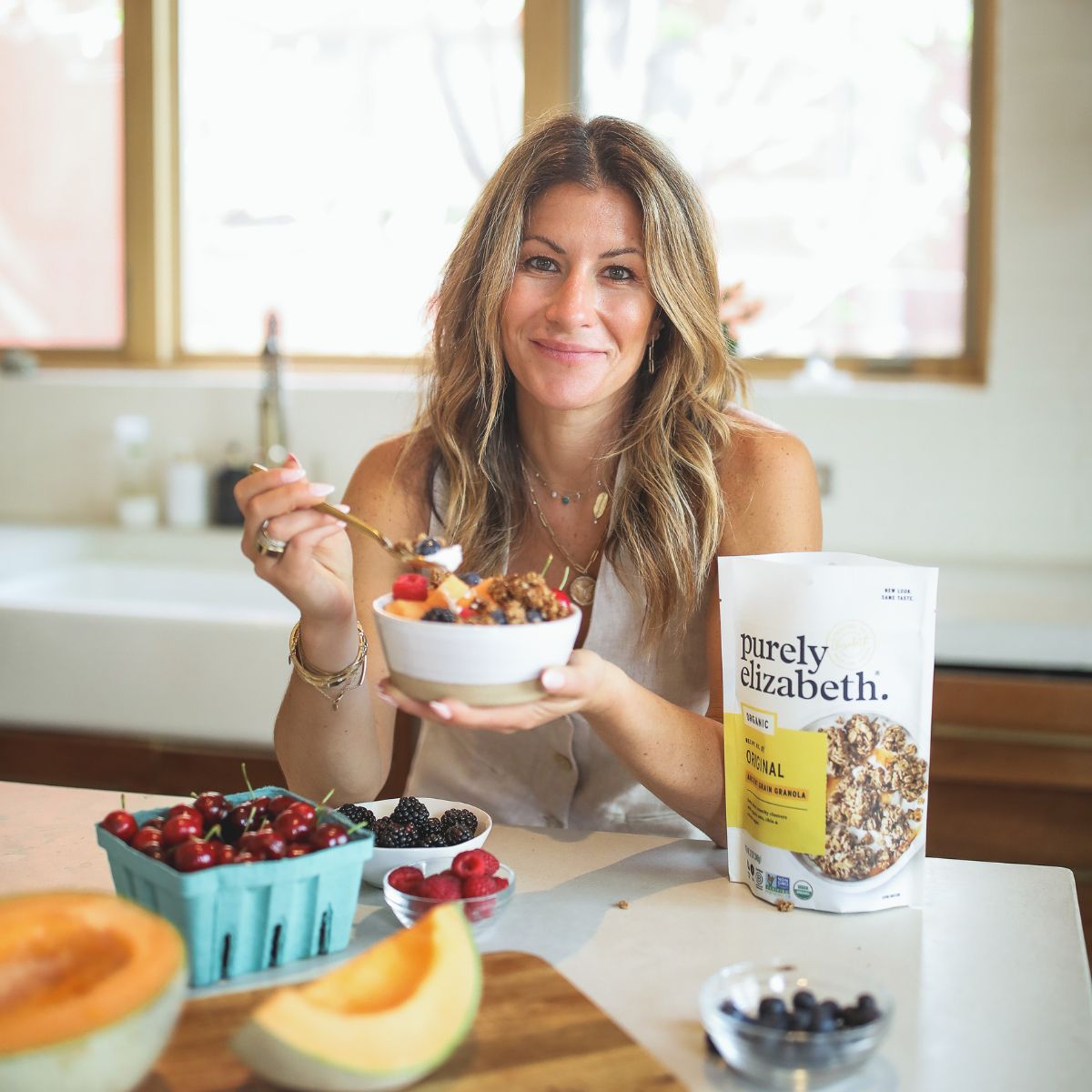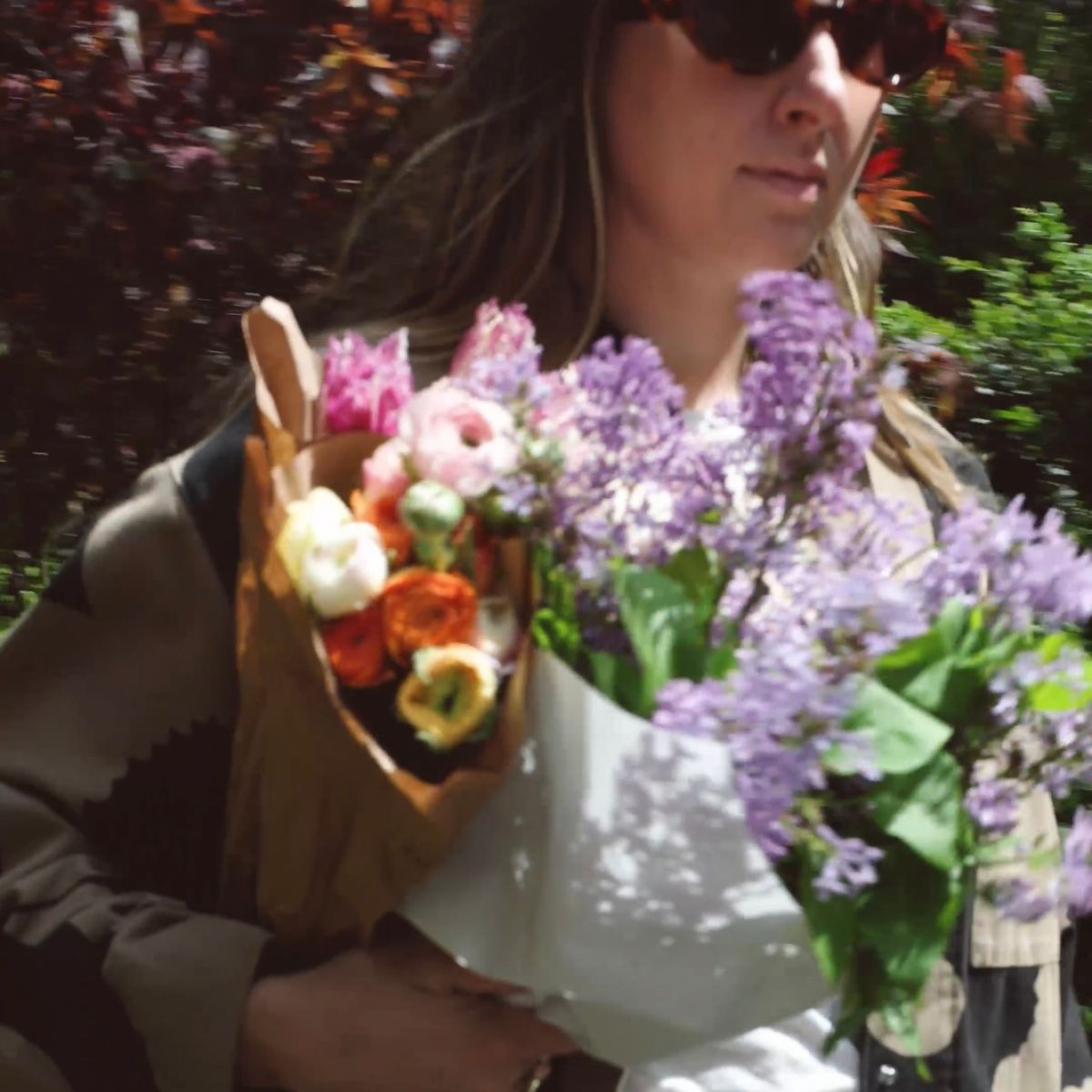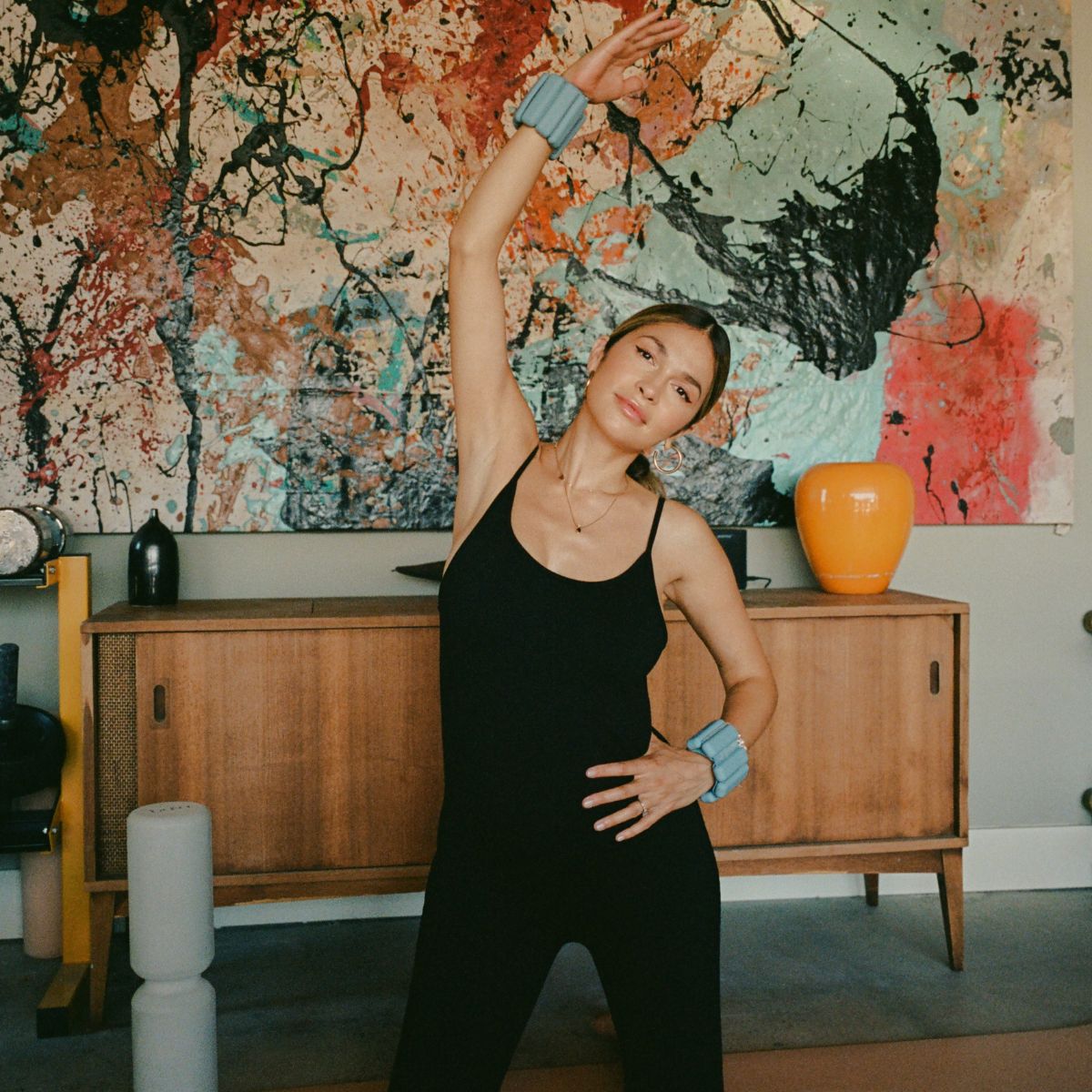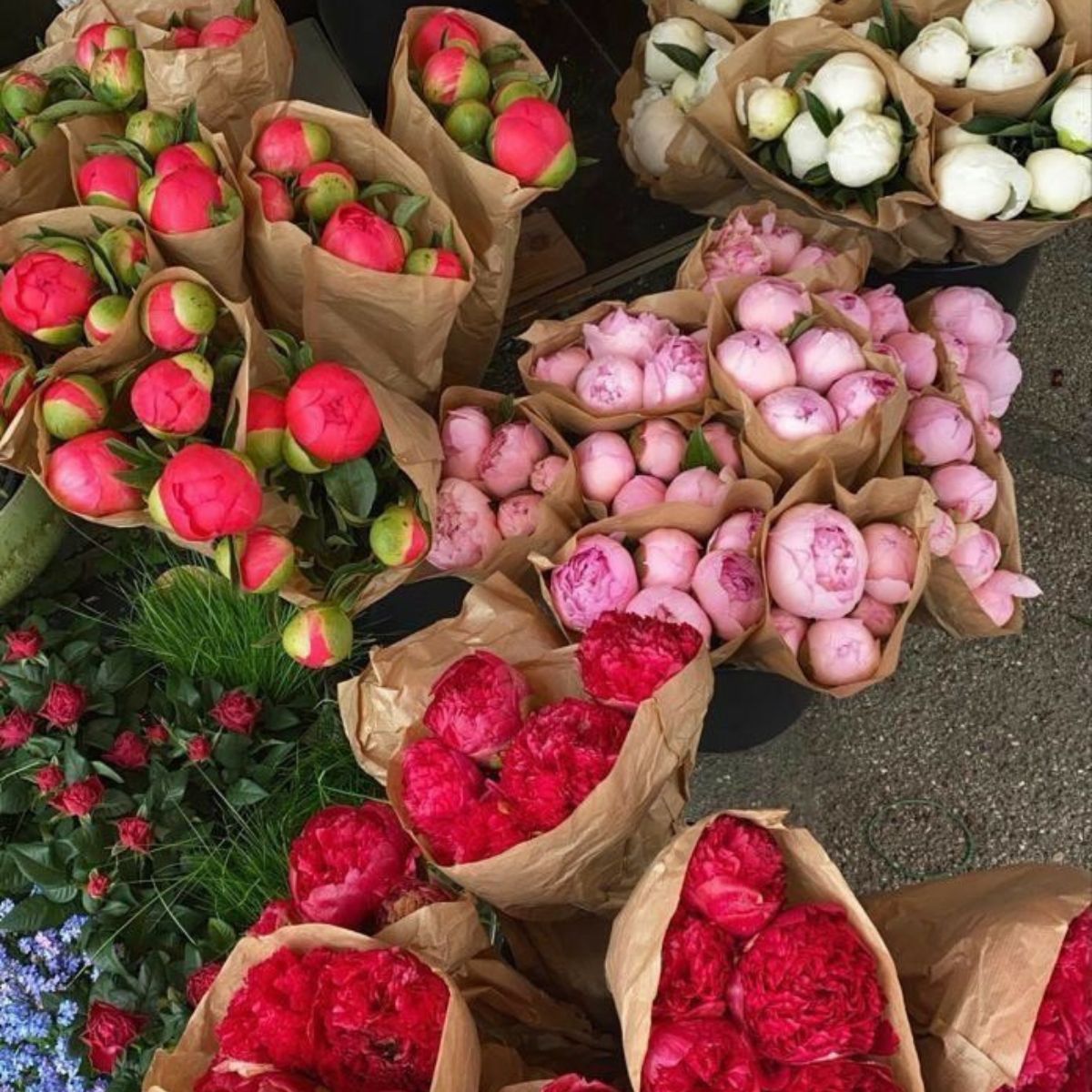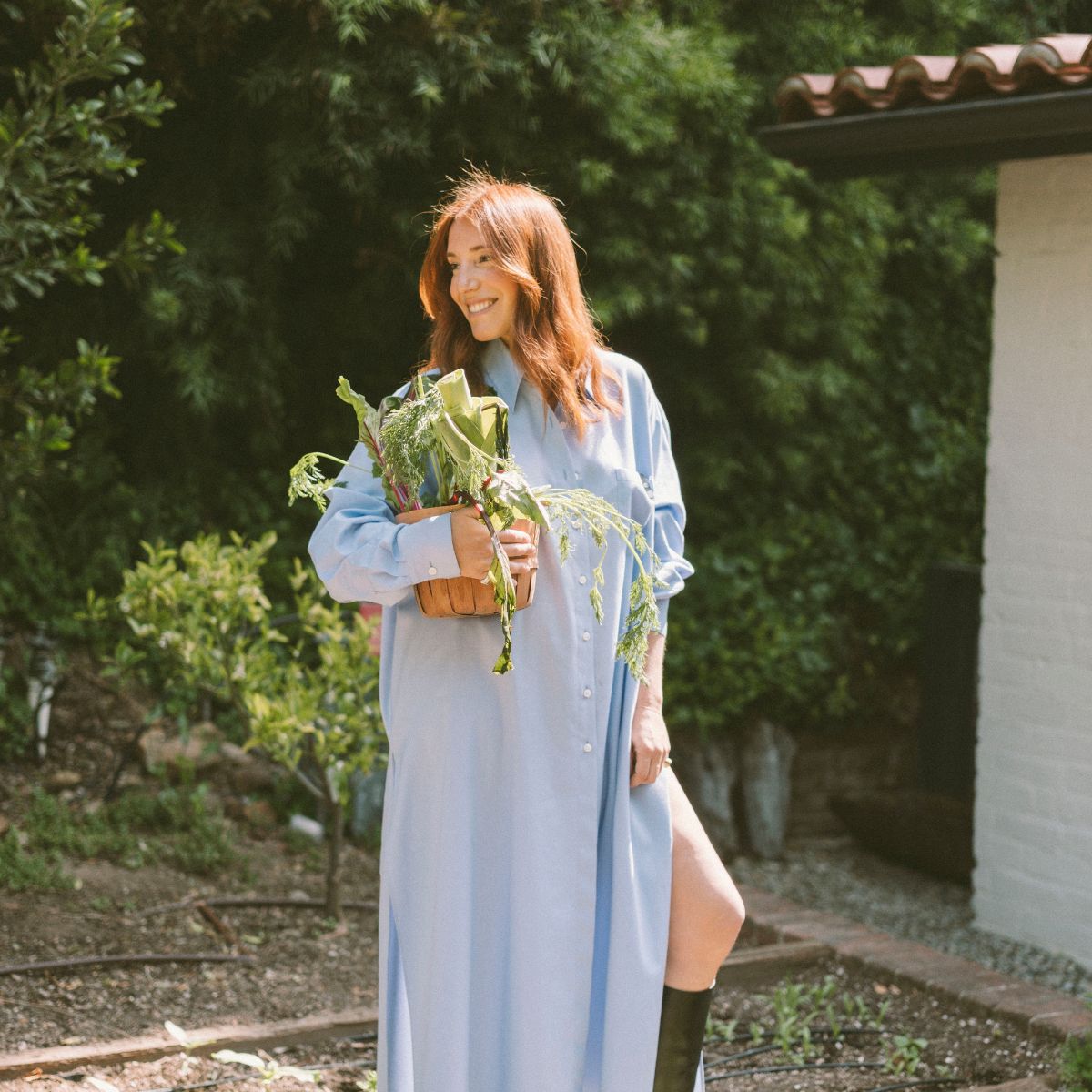Podcast
A Fresh Take on Baby Food and Big Kid Meals
with Angela Vranich
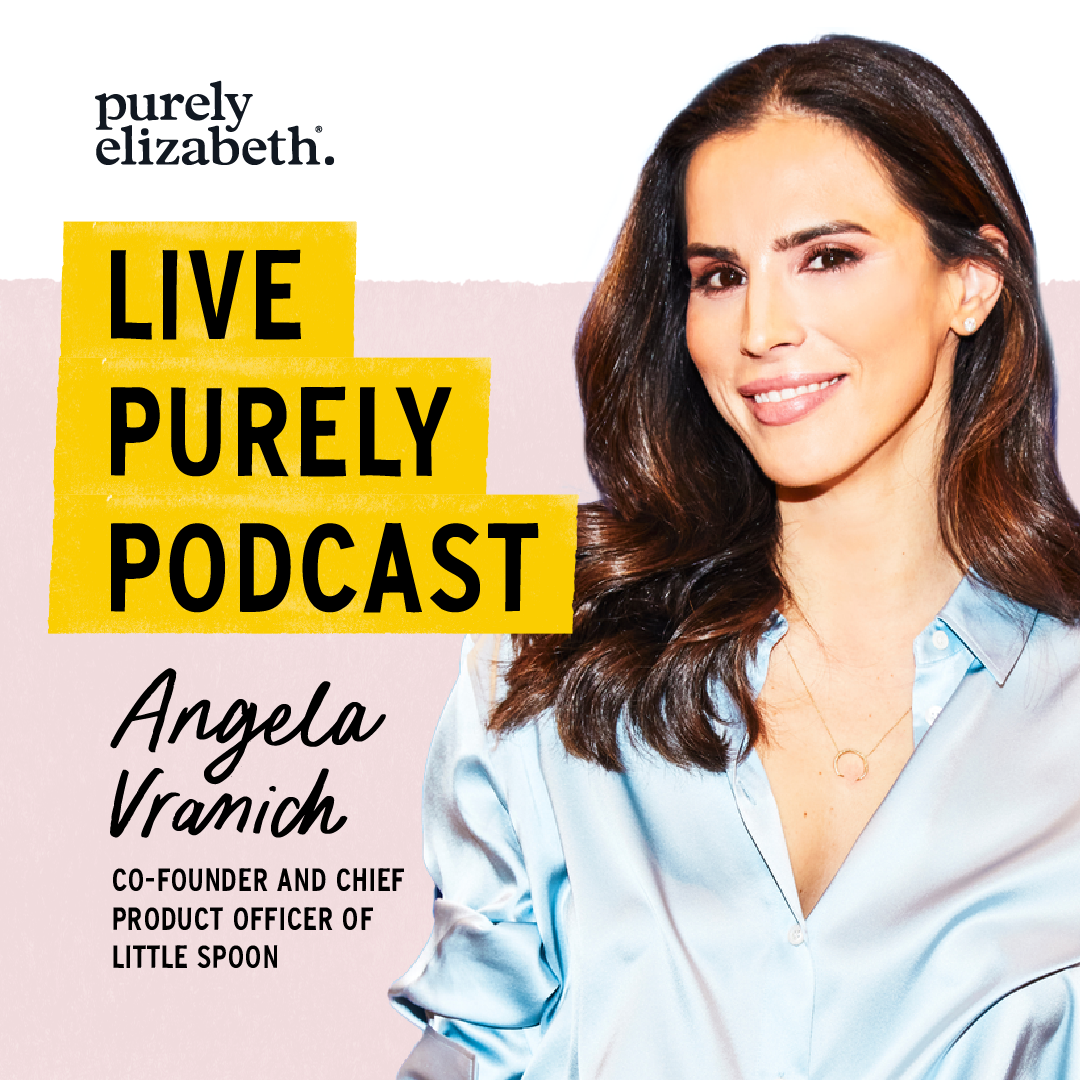
Elizabeth welcomes Angela Vranich, co-founder and Chief Product Officer of Little Spoon, the fastest-growing direct-to-consumer kids' food brand in the US. Angela shares her entrepreneurial journey, starting from her roots in marketing natural foods to identifying a glaring gap in the baby food market. With her husband, she founded Little Spoon, aiming to revolutionize kids' nutrition by offering fresh, nutritious meals directly to parents' doorsteps. Angela discusses the challenges and wins in launching an innovative product line, the importance of community engagement, and how Little Spoon continues to redefine the way parents feed their children with a wide and delicious assortment of goodies.
You may also like
Mix & Match



